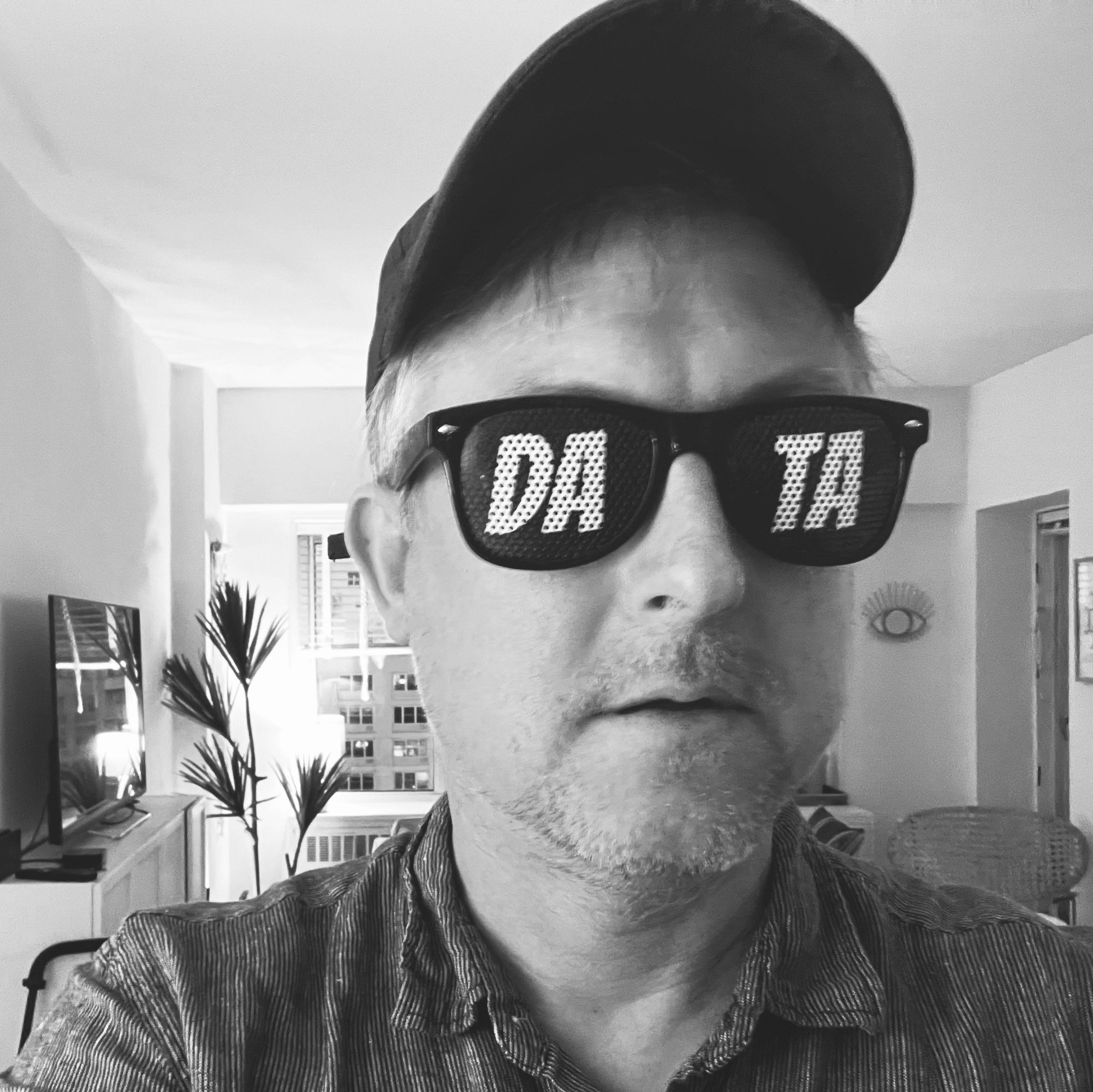
Todd Gureckis
Professor, New York University
Department of Psychology
Ph.D. Faculty, Center for Data Science
Affiliate, Center for Neural Science
Co-director, Minds, Brains, and Machines Initiative
........................................
My recent CV is here and contains contact information.
The lab that runs me: gureckislab.org
Attention Prospective Students
I will be recruiting new doctoral students for Fall 2026. Current information about opportunities in the lab can be found here. You can also express your interest in possible positions by filling out this form.
Despite remarkable recent progress, current machine learning and A.I. systems are limited and inefficient compared to the intelligence of even a young child. Notably, most current machine learning systems are trained with extensive pre-selected, curated data and corrective feedback. In contrast, children are remarkable in their ability to bootstrap knowledge from their independent, self-guided interactions with the world. They ask questions, curiously explore new toys, and push the boundaries of what they currently know on their own, often without a teacher or parent. What are children born knowing about how to learn that our current engineering fields haven't yet grasped?
For the last decade or so, I have focused the main thread of my research program on understanding the nature of this human ability in computational terms. How is it possible to learn without a teacher (unsupervised learning)? How are we able to figure out how something works by tinkering with it? How do we formulate and ask creative questions that reveal useful information about abstract concepts? How do we judge what actions we can take to obtain useful information? How do our choices to gather information affect our learning and memory? How do these abilities develop across the lifespan? I believe such questions strike at the heart of what makes us such an adaptable and intelligent species.
My research approach primarily aligns with the field of Computational Cognitive Science, which aims to understand human intelligence in computational terms (i.e., precisely describing the algorithms the mind uses to perform acts of intelligence). As a result, I try to build intellectual bridges to aligned fields such as data science, computer science, education, and neuroscience. I am a devoted and purposeful computational polyglot -- research in my lab frequently combines methods such as neural networks, Bayesian methods, causal learning, reinforcement learning, program induction, and symbolic systems.
In recent years I have branched out from this core theme of active/self-directed learning to consider research on decision-making, the cognitive neuroscience of memory, and how we reason and interact with the physical and social world. I am committed to helping develop open-source software to enable new types of high-quality cognitive research.
Bio
I spent my childhood in the dusty North Texas oil fields playing too much soccer. My parents offered me a used car in high school but I upsold them on buying a computer instead, which opened the door to a career for me. I didn't want to go to college because I was working for a small internet company (which eventually became part of Rackspace). However, my boss at the time said he'd fire me if I didn't (which required me to quit anyway). I applied to one college, the University of Texas at Austin, in no small part because of the music scene, and stayed for my PhD because my advisor and I liked similar music (and he had the patience to teach me a lot of basics). After grad school, I applied to one postdoc, at Indiana University, because there was no other place with a comparable concentration of mathematical psychologists interested in higher cognition. Ever since I've been at New York University carrying the torch of computational cognitive science, running, surfing, and rocking climbing over everything. Here is a more formal bio.